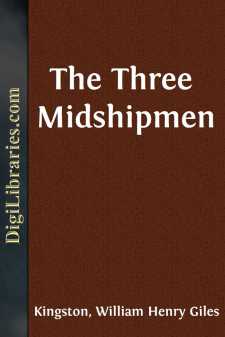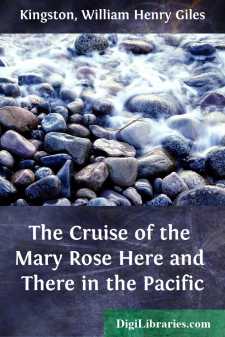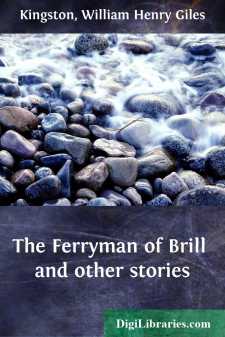Categories
- Antiques & Collectibles 13
- Architecture 36
- Art 48
- Bibles 22
- Biography & Autobiography 813
- Body, Mind & Spirit 142
- Business & Economics 28
- Children's Books 17
- Children's Fiction 14
- Computers 4
- Cooking 94
- Crafts & Hobbies 4
- Drama 346
- Education 46
- Family & Relationships 57
- Fiction 11829
- Games 19
- Gardening 17
- Health & Fitness 34
- History 1377
- House & Home 1
- Humor 147
- Juvenile Fiction 1873
- Juvenile Nonfiction 202
- Language Arts & Disciplines 88
- Law 16
- Literary Collections 686
- Literary Criticism 179
- Mathematics 13
- Medical 41
- Music 40
- Nature 179
- Non-Classifiable 1768
- Performing Arts 7
- Periodicals 1453
- Philosophy 64
- Photography 2
- Poetry 896
- Political Science 203
- Psychology 42
- Reference 154
- Religion 513
- Science 126
- Self-Help 84
- Social Science 81
- Sports & Recreation 34
- Study Aids 3
- Technology & Engineering 59
- Transportation 23
- Travel 463
- True Crime 29
The Story of Nelson also "The Grateful Indian", "The Boatswain's Son"
Categories:
Description:
Excerpt
The Story of Nelson.
My great ambition as a boy was to be a sailor; the idea of becoming one occupied my thoughts by day and influenced my dreams by night. I delighted in reading naval histories and exploits and tales of the sea, and I looked upon Rodney, Howe, Nelson, and Saint Vincent, as well as Duncan, Collingwood, Exmouth, and Sir Sidney Smith, as far greater men, and more worthy of admiration, than all the heroes of antiquity put together—an opinion which I hold even to the present day, and which, I hope, all my readers will maintain with me.
Once it happened during my summer holidays that, most unwillingly, I was taken up to London. During the time, a naval friend, having compassion on me, suggested that I might find matter of interest by a trip to Greenwich, and a visit to the Hospital. I jumped at the proposal. I can never forget the feelings with which I entered the wide, smooth space on which that beautiful collection of buildings stands, forming the Royal Hospital for Seamen, with its broad terrace facing the river, and found myself surrounded by many hundreds of the gallant veterans who had maintained not only so nobly the honour of Old England on the deep, but had contributed to preserve her from the numberless foes who had threatened her with destruction.
The building is of itself interesting. On this spot once stood the Royal Palace of Placentia, in which no less than four successive sovereigns were born—Henry the Eighth, Edward the Sixth, Mary, and Elizabeth. Charles the Second had intended to rebuild it, but left it unfinished; and it was put into the heart of good Queen Mary, the wife of William of Orange, to establish that noble institution for the reception of the disabled seamen of the Royal Navy, which, much augmented in size, has ever since existed the noblest monument to a sovereign’s memory.
I visited the beautiful chapel and the painted hall, where already were hung a number of fine pictures, illustrative of England’s naval victories; and my friend then took me to see an old shipmate of his, who was one of the officers of the Hospital. When he heard that I wished to go to sea, and was so warm an admirer of Nelson, he exclaimed—“He’ll just suit me. Let him stay here for a few days. We’ll fish out some of our men who long served with Nelson, and if he keeps his ears turning right and left he’ll hear many a yarn to astonish him. He must have patience though. The old fellows will not open out at once; their memories are like wells, you must throw a little water down at first before you can get them to draw.”
I was delighted with the proposal. My friend, however, began to make excuses, saying that he ought to take me back, and that I had no clothes with me. At this the Greenwich officer, Lieutenant R—, laughed heartily.
“A shirt-collar and a pocket-comb? What does a midshipman want more?” he exclaimed. “But I will find him all the luxuries he may require. Let him stay, and tell his friends that he is in safe keeping.”
So it was arranged, and I found myself an inmate of Greenwich Hospital....












